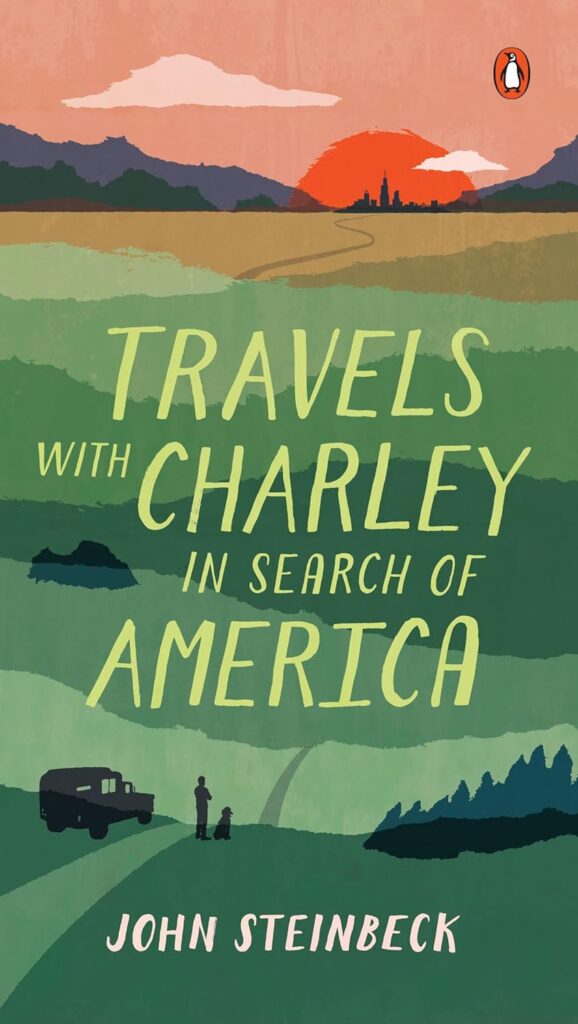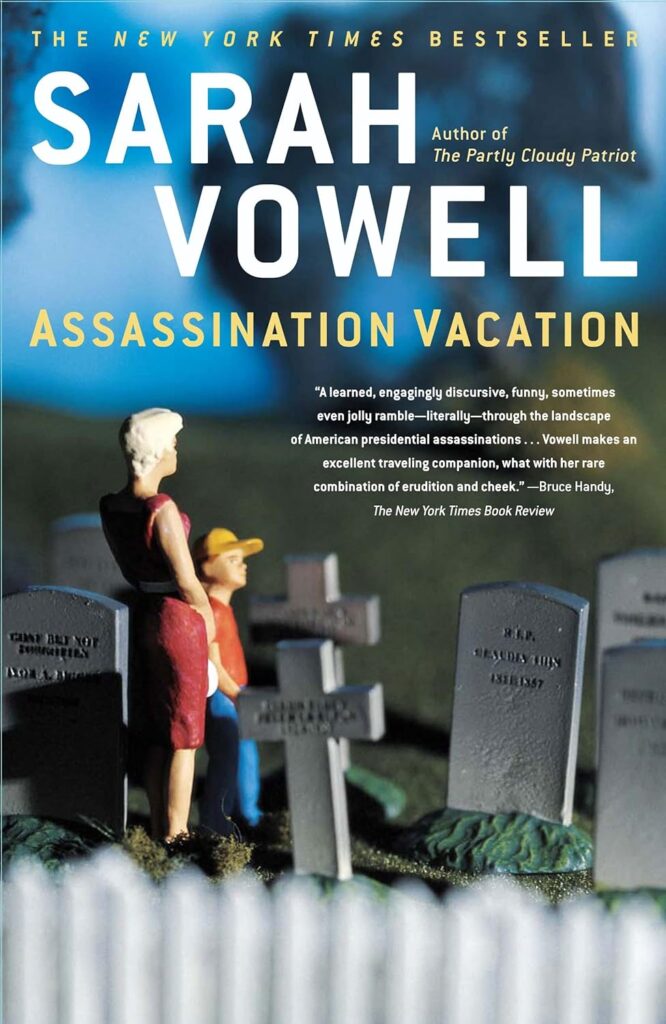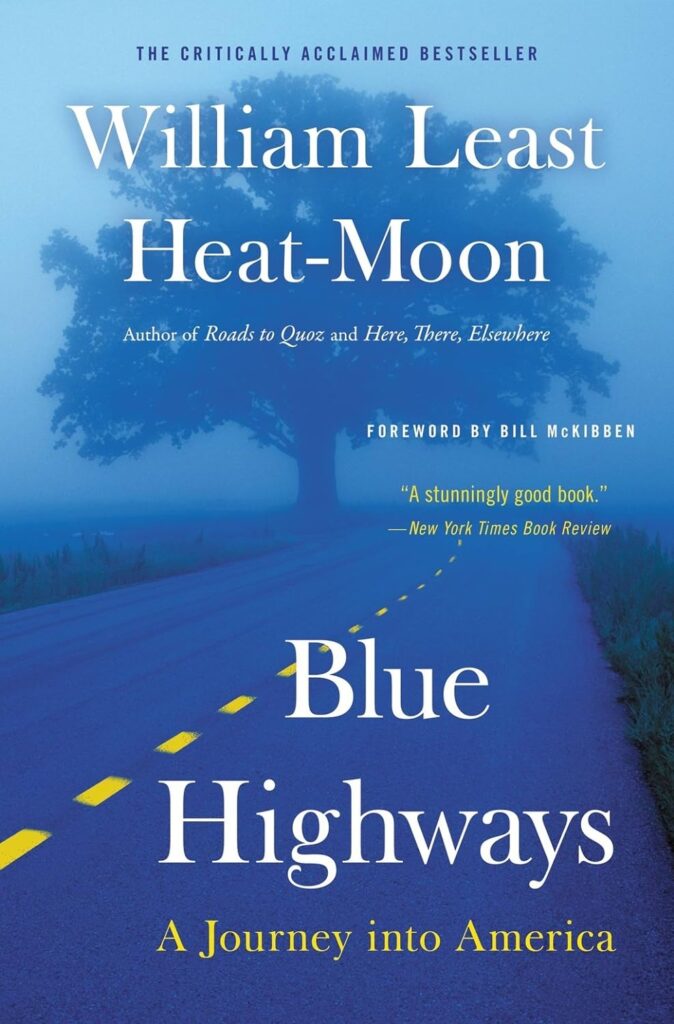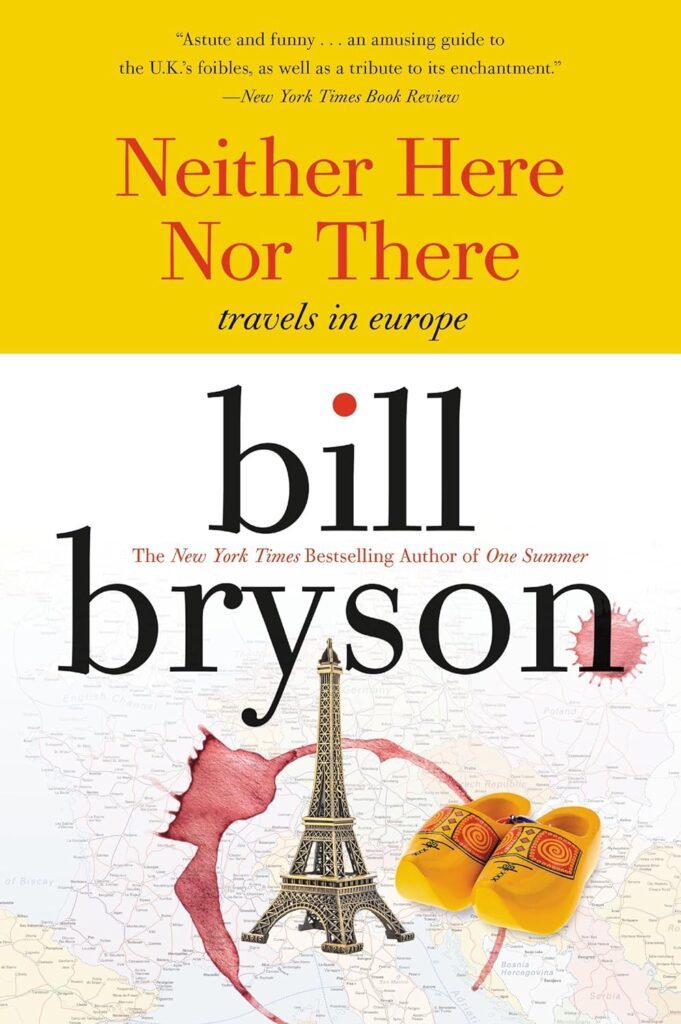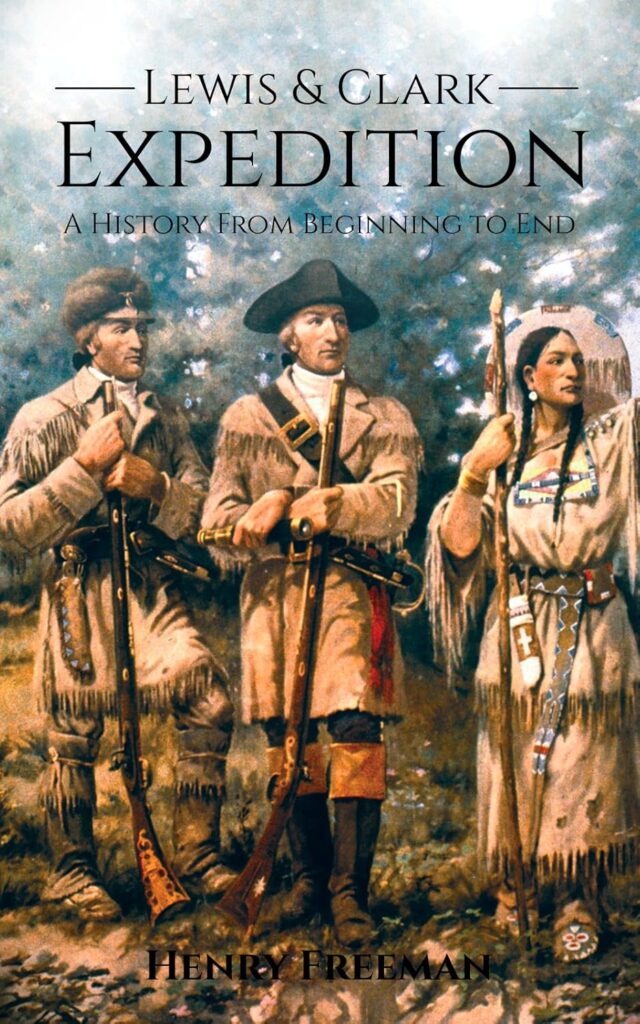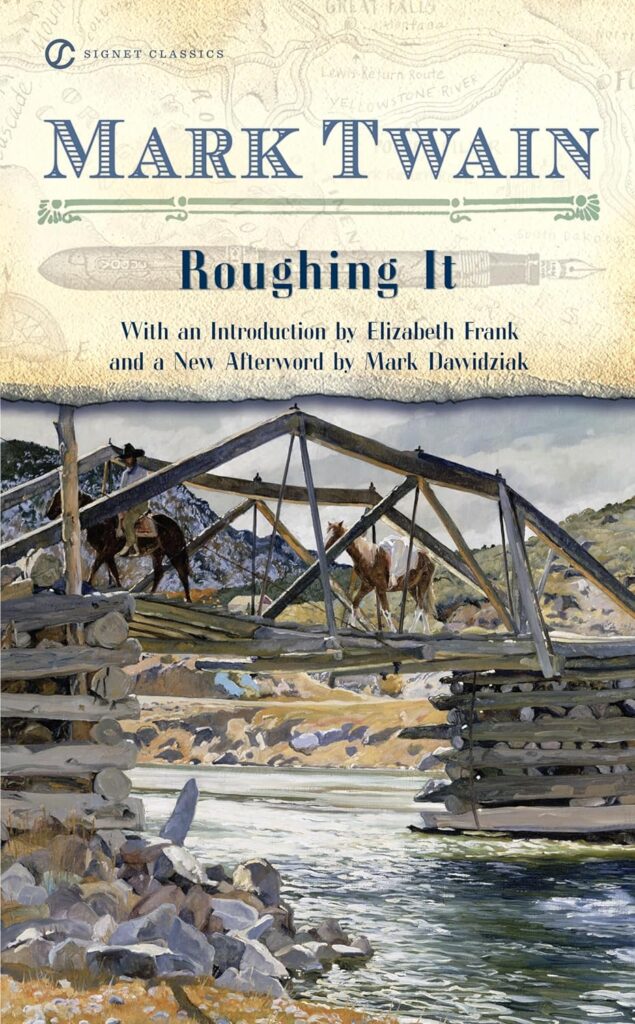When a friend or relative offers to tell you about their vacation, or show you photos of it, do you assent with enthusiasm and curiosity?

No, you do not. You agree out of politeness, while praying they give you a two-sentence summary. After all, you can’t be expected to experience their vacation.
Why, then, do we read travel books? We don’t even know these authors, yet we read with eager interest about a trip they once took. They don’t show us their cellphones, encouraging us to scroll through pictures. They offer only words, yet through those words, we feel like we’ve traveled to the place along with them. How do they do that?
I’ve read several travel books in recent years (maybe I’ll write one of my own—who knows?) and, though not all rank among the classics, each transports the reader to another place in a readable and intriguing way.
Contiguous 48 USA by Chris Dyer
Travel when you’re young, they say, and author Chris Dyer did so. Driving by car at age 25, he visited the forty-eight contiguous states while seeing friends and relatives (and bars, baseball diamonds, and basketball courts) along the way. His book includes helpful advice for those planning their own long trips.
Travels with Charley in Search of America by John Steinbeck
A classic of travel literature, this book follows Steinbeck and his poodle in a camper across much of the country, searching for the essence of the nation. Steinbeck focused on the people he encountered, the general state of America, and the joy of being lost. He found America in the early 1960s differed from the America of his youth, but modern readers will find it’s changed even more since his travels.
Assassination Vacation by Sarah Vowell
Among the quirkiest books on my list, this chronicles the author’s grim fascination with presidential assassinations. She toured many of the sites involved with these tragic events, a series of trips nobody else is likely to take. Throughout the book, her snarky humor keeps readers intrigued.
Blue Highways: A Journey into America by William Least Half-Moon
Like Steinbeck, this author drove by camper over much of the United States, and wrote, for the most part, about the people he met and the history of the areas. He shunned the interstates in favor of narrower roads and smaller towns. A long book, it still succeeds in holding a reader’s interest.
Neither Here Nor There: Travels in Europe by Bill Bryson
Bill Bryson went to Europe and didn’t like it much, but at least he made some money from a book about his ordeal. He poked fun at the continent, and in a humorous way.
Better Than Fiction: True Travel Stories from Great Fiction Writers, edited by Don George
A nice collection of short essays by a variety of authors, this book will take you many places, some of them distant and exotic. The quality of the essays varies, but I enjoyed the book overall.
Walden by Henry David Thoreau
Many rate this a classic, but I almost dropped it from this list. It barely meets my definition of travel literature. Yes, Thoreau traveled to Walden Pond in Massachusetts and described the area well. But he concentrated on prescribing a different way to live. Not content to tell us about the wilderness, he urged us all to move there.
Lewis and Clark Expedition: A History from Beginning to End by Henry Freeman
Unlike the other books on my list, this one chronicles a trip the author never made. Written in a rather bland style, the book keeps a reader’s interest due to the nature of this famous historical journey of exploration. With our modern world mapped and accessible by plane, it’s difficult for us to imagine trekking with horses and wagons.
Roughing It by Mark Twain
More than most books on this list, Roughing It combines an arduous journey to then-unfamiliar places with sparkling wit. Nevada, California, and Hawaii are airline destinations for us, merely hours away. For Twain’s contemporary audience, those places seemed wild and remote. Still, the humor shines through even after a hundred and fifty years.
Summary
Most of us take a vacation, enjoy it, and that’s it. We fail in our attempts to share the experience with others through photos and verbal descriptions. A good author, though, can share a vacation with millions, using two techniques: (1) Paint a vivid word-picture of the locations, thus transporting the reader there, and (2) Write with a captivating style.
I’m sure you’ll want to read in detail about a vacation taken by—
Poseidon’s Scribe


